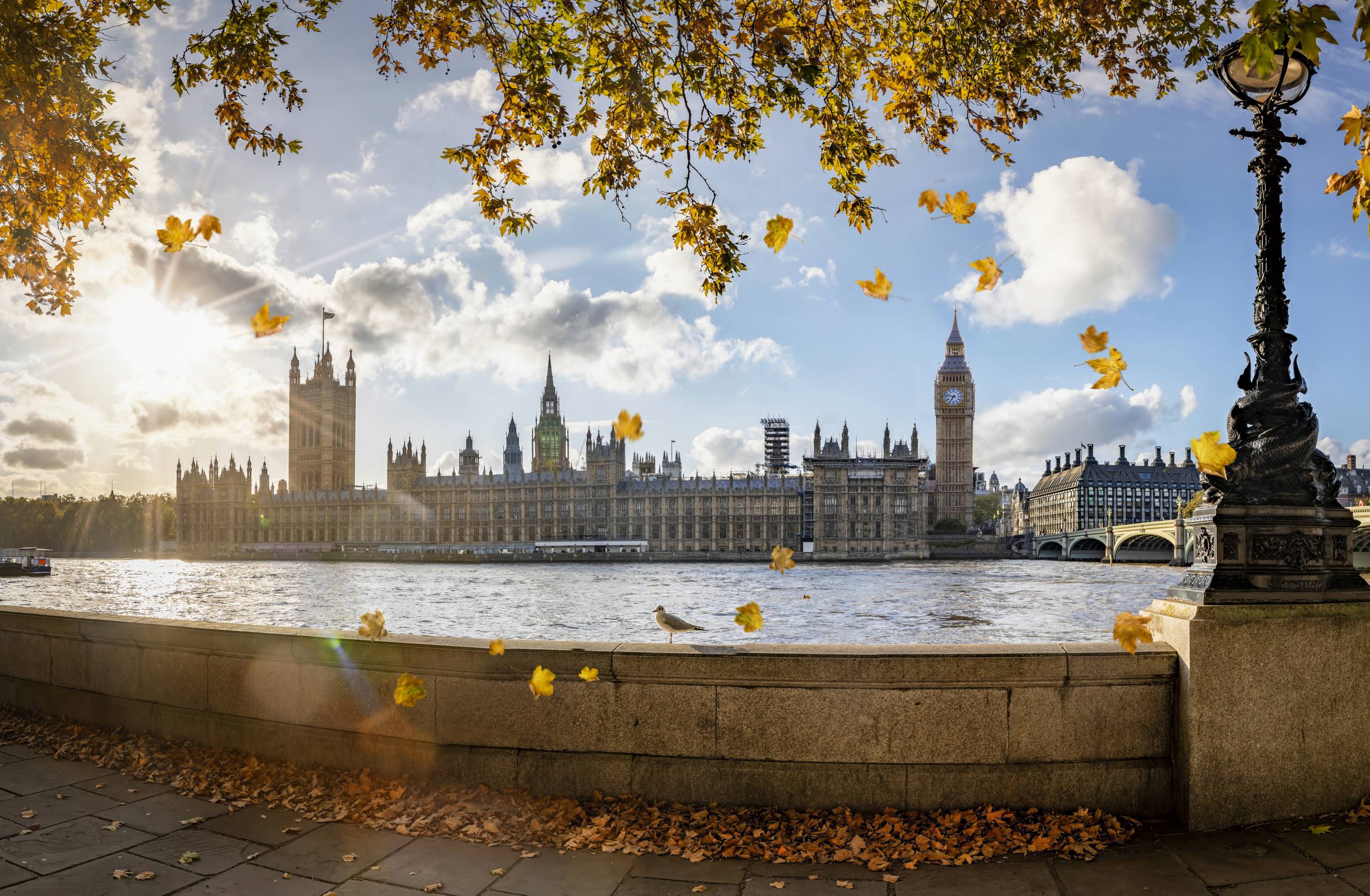You’d be forgiven for thinking you’d seen the back of austerity measures after lockdown as the British public was, after all, encouraged to go out and spend again.
But now Chancellor Jeremy Hunt has ripped up the failed mini-budget and told all government departments to find savings. This, in turn, is set to force households to tighten their belts as well, which means we enter into another era of austerity.
So, what is austerity? Austerity is a campaign of budget cutting that the government imposes to reduce costs and the need for more borrowing. Austerity measures were introduced after the financial crisis in 2008 and more recently during the pandemic.
The think tank Resolution Foundation estimates that up to £40 billion in savings must be found, which makes it similar in nature to what was needed back in 2010 when Chancellor Osborne introduced austerity measures.
So, what do the Chancellor’s changes and the inevitable austerity measures mean for our finances?
1. Paying more for energy
Adopting austerity measures means that the government won’t be so generous with its Energy Price Guarantee (EPG) support package. Initially, households were meant to get help with their bills for two years as outlined on 1 October this year.
While the EPG is set to last until April 2023 there could still be some help as the Chancellor announced there will be a Treasury-led review that will consider how to support households. But there’s speculation that this will only help those on low incomes and vulnerable households.
It’s possible that energy regulator Ofgem’s price cap will once again apply on standard variable tariffs as was the case before the EPG was introduced. This could result in massive bill increases for millions of people when the EPG support ends in April 2023.
2. Mortgages will be more expensive
Mortgage rates have shot up over the past few weeks after the mini budget caused uncertainty in the markets. According to reports there are no fixed rate mortgage deals below 5% which is something the public have not seen for years.
With households typically taking out two and five year fixed mortgages, it does mean repricing of deals has to occur more often than elsewhere internationally. Some of these deals are set to end soon, which means households will have to pay the lender’s variable rates (which is typically more expensive) or choose another less favourable fixed rate on offer now.
There may still be some new deals available now that things have calmed down following Chancellor Jeremy Hunt’s mini-budget reversals. Some mortgage brokers predict a decrease in rates in the following months but they’re unlikely to come down to the levels we’ve seen before. So, either way, households will be paying more for their mortgages.
3. Paying more tax
There was a planned 1p cut to the basic rate of income tax, which was due to come into effect in April 2023, but this has been scrapped by Chancellor Hunt. It will mean households will lose hundreds of pounds in annual savings, which they could have used to boost their investments, pensions or spend on household expenses.
There will, however, be some relief as the planned 1.25 percentage point National Insurance increase has been cancelled and is also set to save earners hundreds of pounds a year. This will make households a bit better off but not by much.
4. Getting fewer benefits
Chancellor Jeremy Hunt has said that the government faces some tough decisions to repair the damage caused by the mini budget. It’s unclear whether Hunt will protect benefits but it may fall under his radar now that he needs to find the £40billion to plug the UK public finances hole.
Cutting the benefits bill could offer a solution. According to one report in the Guardian, the Department for Work and Pensions shows that working-age benefits in Great Britain cost the government £87.4 billion to fund in 2021/2022. Universal Credit accounts for £40.6 billion of that. Meanwhile, disability benefits account for about £20 billion.
It’s unclear what the government would do to cut such a bill but it could, for instance, raise benefits in line with earnings instead of CPI inflation.
5. Less state pension?
Prime Minister Liz Truss has pledged to maintain the so-called triple lock guarantee but there were initially doubts as to whether it would be maintained because of the expense.
Under the triple lock the state pension rises by whichever is the greatest of these three things: inflation (as measured by the CPI), average wage increases and 2.5%.
While the triple lock is here to stay (for now) saving less into your pension would be a mistake as there are no guarantees that it will stay or that you can rely on a state pension to fully support you in retirement. The triple lock was, after all, suspended during the Covid-19 pandemic after earnings were boosted by the introduction of the furlough scheme.
What should you do now?
While households are being financially squeezed it won’t make sense to disinvest (if you can help it) or to invest less for the future. While interest rates are going up it is still a good time to invest.
There are improved valuations and higher bond yields should mean more long term returns. Sterling-denominated corporate bonds, for example, look better than they have for some time.
It’s a challenging time but for those who are able to take a long term view the current volatility could offer up some opportunities and bargains.
*As with all investing, financial instruments involve inherent risks, including loss of capital, market fluctuations and liquidity risk. Past performance is no guarantee of future results. It is important to consider your risk tolerance and investment objectives before proceeding.





